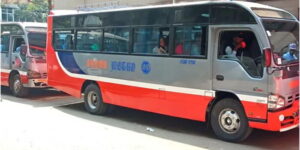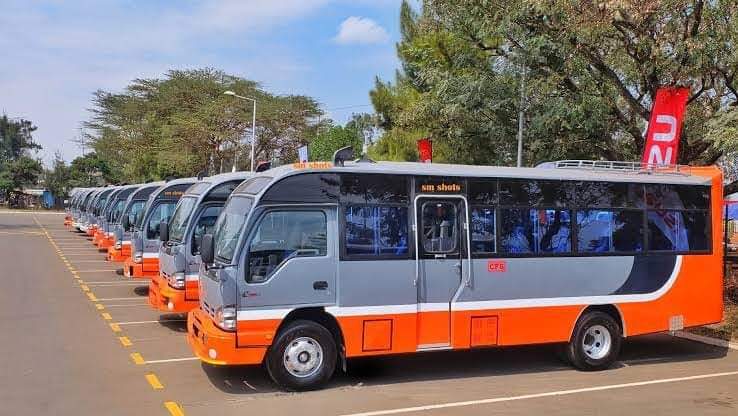Concerns over road safety in Kenya continue to grow, and many eyes are now on public service vehicles, especially those run by Super Metro.
The company, which once enjoyed a strong reputation for discipline and reliability, is now facing serious criticism from commuters and fellow motorists who say reckless driving has become too common.
Among the voices speaking out is Maranga Njoroge, a cyclist and motorist, who recently wrote a detailed letter to the company raising alarm about dangerous habits he has witnessed on the road.
Njoroge recalls a time when Super Metro was highly respected for its order and professionalism. Today, he says, that image has been damaged by sudden lane changes, abrupt stops, and careless braking without signaling.
As someone who cycles regularly and occasionally drives, he stresses that all road users whether on foot, two wheels, or four deserve the same respect because everyone pays taxes and shares the same spaces.
His concern is deeply personal, as he once lost his left lung in an accident caused by a reckless public service driver. He explains that even though he owns luxury cars, he often cycled to work for health reasons, only to suffer a life-changing injury.
In his account, he describes an incident on September 20, 2025, when a Super Metro bus braked suddenly in the middle lane to pick up passengers.
Forced to swerve while driving a hired car, Njoroge honked to signal the driver, but instead of acknowledging the mistake, the driver threw refuse at his windscreen. He calls such behavior unprofessional and dangerous, urging the company to remind its staff that aggressive actions put lives at risk and hurt the company’s image.
He further notes that Super Metro often ignores complaints from the public, even when details are provided, which shows disregard for accountability.

A super Metro bus. Photo Courtesy
Njoroge makes it clear that if improvements are not seen, he is prepared to seek legal and regulatory options to ensure his safety and that of other road users.
His message is firm but hopeful, asking the company to restore its earlier standards and reminding drivers that passengers are not livestock to be herded carelessly.
This incident adds to a long list of complaints about Super Metro. Earlier in the year, the National Transport and Safety Authority suspended the company’s license after reports of speeding and unfit drivers, requiring staff changes and inspections.
Yet cases of collisions, overloading, reckless overtaking, and poor driver behavior have continued.
Social media is filled with stories of arrogance, misconduct, and dangerous driving, with some situations escalating into violence such as when boda-boda riders torched a matatu after a fatal accident.
Experts warn that such patterns, if unchecked, could undo the progress made in reforming the matatu industry. Training has been done, and safety reminders issued, but the recurrence of similar events suggests deeper issues in driver management and discipline.
Njoroge’s plea represents the frustration of many Kenyans who depend on public transport every day. With Super Metro serving thousands of commuters, the company holds a heavy responsibility to set the right example.
A single careless act can cause loss of life, and repeated misconduct risks pushing the public and regulators into stronger action, including boycotts and penalties. For the sake of passengers, motorists, and the company’s own survival, change is not only necessary but urgent.



